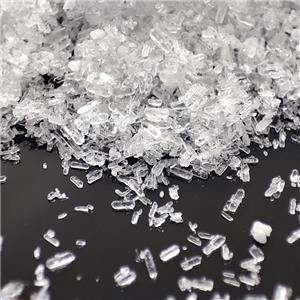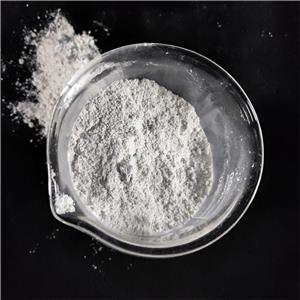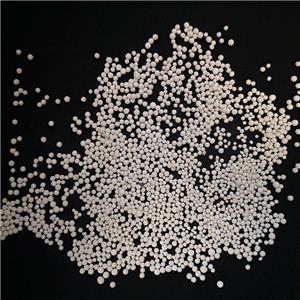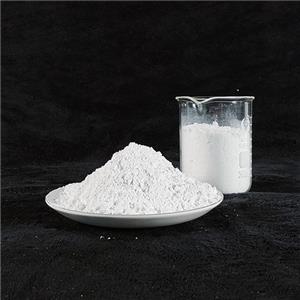The Role of Magnesium Hydroxide in Wastewater Treatment-2
3. Odor Control
3.1 The Challenge of Odor in Wastewater Treatment
Odor control is a significant concern in wastewater treatment facilities, particularly in municipal sewage treatment plants. The decomposition of organic matter in wastewater produces foul-smelling gases such as hydrogen sulfide (H₂S), ammonia (NH₃), and volatile organic compounds (VOCs). These odors can cause nuisance to nearby communities and pose health risks to workers.
3.2 Magnesium Hydroxide as an Odor Control Agent
Magnesium hydroxide is increasingly used as an effective odor control agent in wastewater treatment. Its alkaline nature helps to neutralize acidic gases such as hydrogen sulfide, which is a primary contributor to foul odors. The reaction between magnesium hydroxide and hydrogen sulfide can be represented as:
Mg(OH)2+H2S→MgS+2H2OMg(OH)2+H2S→MgS+2H2O
In addition to neutralizing acidic gases, magnesium hydroxide can also inhibit the growth of odor-producing bacteria by maintaining a higher pH in the wastewater.
3.3 Benefits of Using Magnesium Hydroxide for Odor Control
Long-Lasting Effect: Magnesium hydroxide provides a sustained release of hydroxide ions, offering long-lasting odor control compared to other alkaline agents.
Non-Toxic and Environmentally Friendly: Unlike some chemical odor control agents, magnesium hydroxide is non-toxic and environmentally benign, making it a safer choice for wastewater treatment.
Cost-Effective: The use of magnesium hydroxide can reduce the need for additional odor control measures, leading to cost savings for treatment facilities.
3.4 Applications in Municipal Wastewater Treatment
In municipal wastewater treatment plants, magnesium hydroxide is often added to sewage sludge or aeration tanks to control odors. For example, in a large sewage treatment plant in the United States, the addition of magnesium hydroxide to the sludge handling process resulted in a significant reduction in hydrogen sulfide emissions, improving air quality and reducing complaints from nearby residents.
4. Sludge Conditioning
4.1 The Importance of Sludge Conditioning
Sludge conditioning is a critical step in wastewater treatment, particularly in the dewatering process. Properly conditioned sludge is easier to dewater, reducing the volume of waste that needs to be disposed of and lowering disposal costs. Conditioning agents are used to improve the dewaterability of sludge by altering its physical and chemical properties.
4.2 Role of Magnesium Hydroxide in Sludge Conditioning
Magnesium hydroxide is used as a conditioning agent to improve the dewaterability of sludge. When added to sludge, magnesium hydroxide reacts with organic matter and other constituents to form larger, more stable flocs. These flocs have better settling and dewatering characteristics, making it easier to separate water from the solid sludge.
4.3 Advantages Over Traditional Conditioning Agents
Improved Dewatering Efficiency: Magnesium hydroxide can significantly improve the dewatering efficiency of sludge, resulting in a higher solids content in the dewatered cake.
Reduced Chemical Usage: The use of magnesium hydroxide can reduce the need for other conditioning chemicals, such as polymers, leading to cost savings.
Enhanced Sludge Quality: Sludge conditioned with magnesium hydroxide tends to have a more stable structure, reducing the risk of re-liquefaction during storage or transport.
4.4 Applications in Industrial and Municipal Sludge Treatment
Magnesium hydroxide is used in both industrial and municipal sludge treatment processes. In industrial settings, such as food processing or chemical manufacturing, magnesium hydroxide can help manage high-strength sludge with complex compositions. In municipal wastewater treatment plants, it is often used to condition primary and secondary sludge before dewatering.




